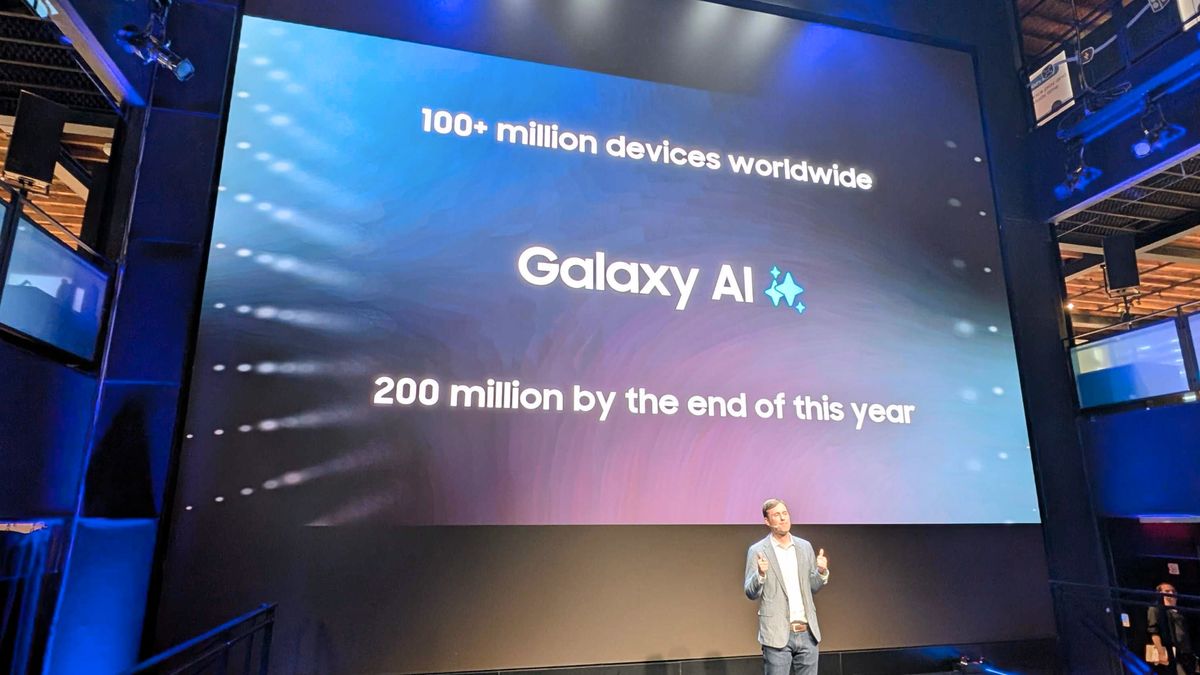The Department of Health will not back down from plans to introduce the National Health Insurance (NHI) scheme in South Africa, says director-general Dr Nicholas Crisp.
Speaking to News24 at a conference in Johannesburg on Wednesday (6 April), Crisp said the government is hopeful that the NHI Bill will go through parliament by the end of the year.
“We are ready to respond to the wording and strengthening of the bill. We are not going to backtrack on creating one health system; it is not on our agenda. We want everybody in South Africa to get a good health system.”
“We know there are parties that have told us, outright, they are taking us to the Constitutional Court. We would have never tabled the bill if we were not confident we would win those cases. We are certain that, if we are challenged, we will be fine.”
Opposition parties, business groups and medical professionals have all been critical of the NHI on several key issues. While it is largely accepted that government should offer free basic healthcare in the country, there have been repeated concerns around:
- How the scheme will be funded – including additional taxes;
- Whether the government has the resources and knowhow to successfully implement the scheme;
- The end of all private medical care and cover;
- Whether the scheme will lead to an exodus of skilled workers;
- The high levels of corruption in government and the misappropriation of funds.
Funding
In a presentation to parliament on 29 March, Crisp presented the government’s proposals to fund the NHI, including new taxes.
Crisp said the country ultimately spends as much on health care as it decides to. “The implications for every person that lives in South Africa is that in exchange for free health benefits (services and care) at the point of care when you need the care, (they) will contribute via the tax collection mechanism,” he said.
This will include the normal tax collection methods like VAT, personal tax, excise, company tax and so on, which are collected by SARS.
The department added that the bulk of the required finances for the NHI is ‘already in the system’, with the bill providing for:
- General tax revenue, including the shifting funds from the provincial equitable share and conditional grants into the fund. This currently accounts for R256 billion per annum.
- Reallocation of funding for medical scheme tax credits paid to various medical schemes towards the funding of National Health Insurance. This is estimated to be around R27 billion in 2019/20.
- Payroll tax – The department said the state already contributes around R50 billion to public service employee contributions in just one medical scheme.
- A surcharge on personal income tax. This would have to be introduced through a money bill by the minister of finance and earmarked for use by the fund.
The department also reiterated that the NHI is a necessity in South Africa as the current health system is ‘failing everyone’.
“Many poor people are denied care when they need it. Many privileged people are given treatment that they don’t need – some potentially harmful,” it said.
“Even wealthy people who insure their health with medical schemes end up paying in for costs not covered.”
South Africa needs a health system that ensures that all people have access to the health services they need, when and where they need them, without financial hardship
“This is what universal health coverage means. National Health Insurance means that we pay for this public good in advance with no cost to us as patients at the point of care when we need health services.”
Read: South Africa faces exodus of doctors and other professionals because of the NHI





















Discussion about this post